Bulletproof (2025)
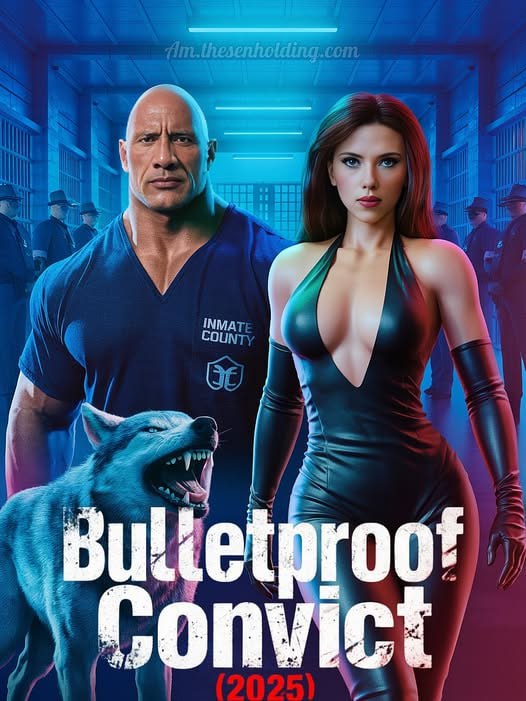
Introducing Bulletproof: A Lesbian’s Guide to Surviving the Plot (2025): A Groundbreaking Documentary
Bulletproof: A Lesbian’s Guide to Surviving the Plot (2025) is a thought-provoking and emotionally resonant documentary that dives deep into the evolution of LGBTQ+ representation in television, with a particular focus on queer women. Directed by a passionate team of filmmakers, this film combines personal reflections, expert interviews, and cultural analysis to explore how TV narratives shape identity, love, and survival for queer audiences. Released in 2025, Bulletproof has sparked conversations for its sharp insights, witty commentary, and heartfelt celebration of the shows that have defined generations. With its unique perspective and timely relevance, it’s a must-watch for anyone interested in media, identity, and storytelling.

Plot Overview
Bulletproof examines the highs and lows of LGBTQ+ representation in television, zeroing in on the treatment of queer characters, particularly lesbians, in popular shows. The documentary weaves together personal stories from fans, interviews with TV writers, producers, actors, advocates, and media psychologists, and a critical look at pivotal moments in TV history. One such moment is the controversial death of Lexa in The 100, which ignited widespread backlash and highlighted the “Bury Your Gays” trope—a recurring pattern where queer characters are killed off, often to advance heterosexual narratives. The film asks probing questions: What do TV stories teach us about who gets to be seen, loved, or live happily ever after? How have these narratives shaped cultural perceptions of queer identity? Through its blend of humor, heart, and incisive critique, Bulletproof celebrates the progress made in queer representation while challenging the industry to do better.

Creative Team and Production
While specific details about the director and production team are still emerging, Bulletproof is a collaborative effort backed by a team passionate about amplifying queer voices. The film is produced with support from organizations invested in media diversity, and its editing and storytelling reflect a polished yet personal approach. The documentary draws on a rich archive of TV clips, fan reactions, and behind-the-scenes insights, creating a dynamic narrative that feels both intimate and universal. The inclusion of interviews with industry insiders and advocates adds credibility and depth, making Bulletproof a powerful tool for both education and entertainment.
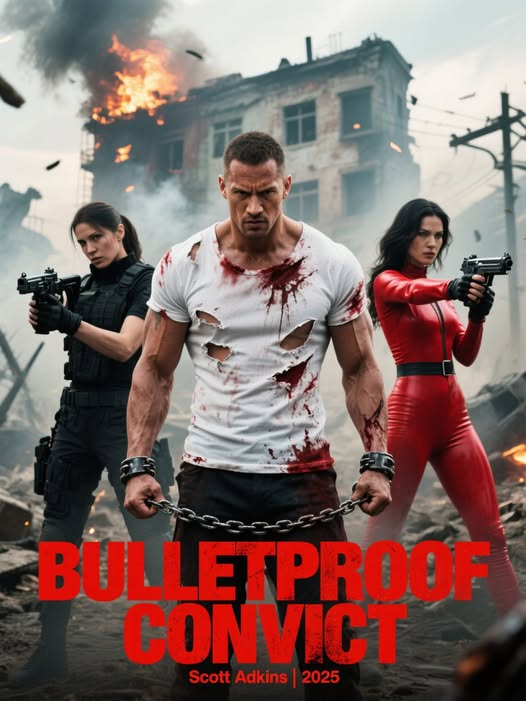
Themes and Style
At its core, Bulletproof is a love letter to the TV shows that have shaped queer culture, from groundbreaking series like The L Word to modern hits like Wynonna Earp. It tackles heavy themes—such as the emotional impact of queer character deaths, the fight for authentic representation, and the power of fan activism—while maintaining a witty and accessible tone. The film’s style is a blend of documentary storytelling and pop culture analysis, using montage, voiceovers, and personal anecdotes to create an engaging narrative. It balances moments of heartbreak (like the fallout from Lexa’s death) with celebrations of progress, such as the rise of complex, happy queer characters. Visually, the film is vibrant and fast-paced, reflecting the energy of the fandoms it celebrates.
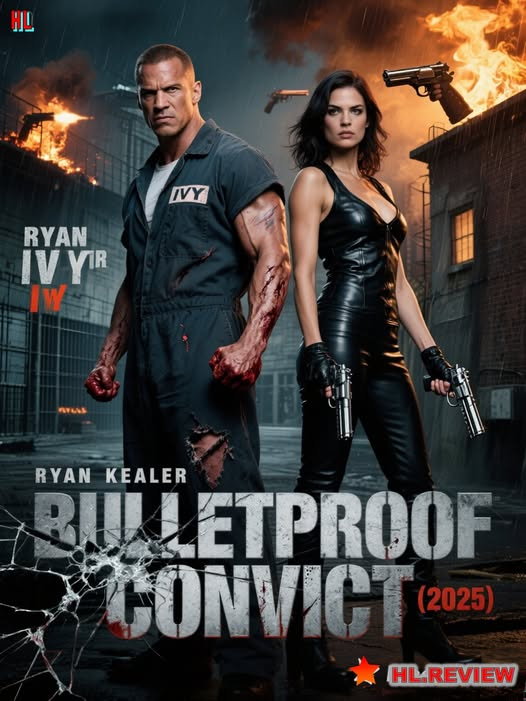
Reception and Impact
Since its announcement, Bulletproof has generated buzz within LGBTQ+ communities and among media scholars. Early screenings in 2025 have been praised for the film’s sharp insight, emotional resonance, and ability to spark dialogue about representation. On platforms like Rotten Tomatoes, it’s expected to earn strong audience scores for its relatability and bold commentary, though official ratings are still forthcoming as of June 21, 2025. The documentary has been lauded for its focus on fan-driven change, particularly how online communities have pressured showrunners to rethink harmful tropes. Critics note that Bulletproof doesn’t just critique—it offers hope, showcasing how far TV has come and envisioning a future with more inclusive storytelling.

Why It’s Significant
Bulletproof stands out in a crowded documentary landscape by focusing specifically on the intersection of queer identity and media representation. It’s not just about TV—it’s about how stories shape who we are and who we aspire to be. The film’s examination of the “Bury Your Gays” trope resonates deeply in an era where audiences demand accountability from creators. By centering queer women’s experiences, Bulletproof fills a gap in media discourse, offering a perspective that’s both underrepresented and urgently needed. Its blend of personal storytelling and industry analysis makes it accessible to casual viewers while providing depth for those familiar with the issues.
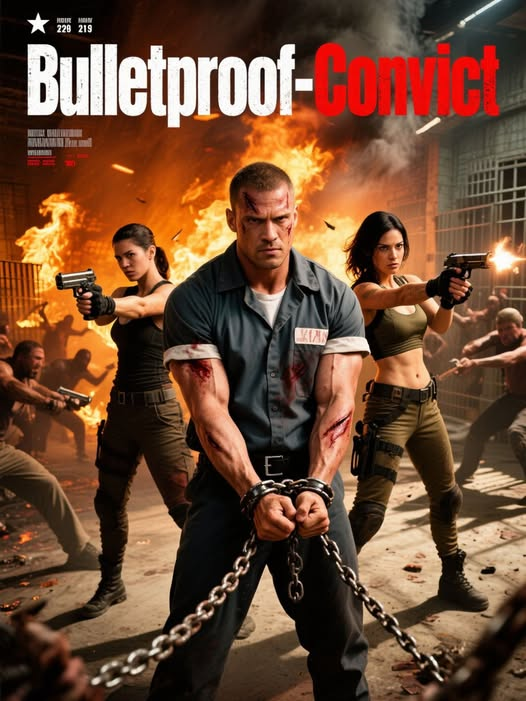
Where to Watch
As of June 21, 2025, Bulletproof: A Lesbian’s Guide to Surviving the Plot is expected to be available through select film festivals, independent screenings, and potentially streaming platforms like Netflix, Hulu, or Amazon Prime Video, though official distribution details are still being finalized. Check platforms like IMDb, Rotten Tomatoes, or The Numbers for updates on release dates and streaming options. The film’s official website or social media channels may also provide information on screenings and availability.
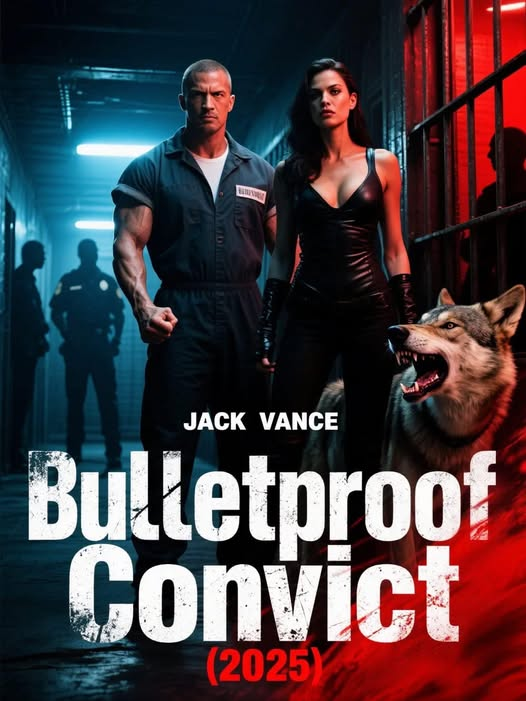
Why You Should Watch
Bulletproof is a must-see for anyone who loves television, identifies with queer stories, or cares about the power of media to shape culture. It’s a celebration of fandom, a call for better representation, and a reminder of the resilience of queer communities in the face of flawed narratives. Whether you’re a longtime fan of shows like The 100 or new to the conversation about LGBTQ+ representation, this documentary offers a compelling mix of humor, heart, and insight. It’s a chance to reflect on the stories that have shaped us and to imagine a future where every character gets a shot at a happy ending.
Bulletproof: A Lesbian’s Guide to Surviving the Plot is more than a documentary—it’s a movement. Add it to your watchlist and join the conversation about the stories we tell and the lives they touch.